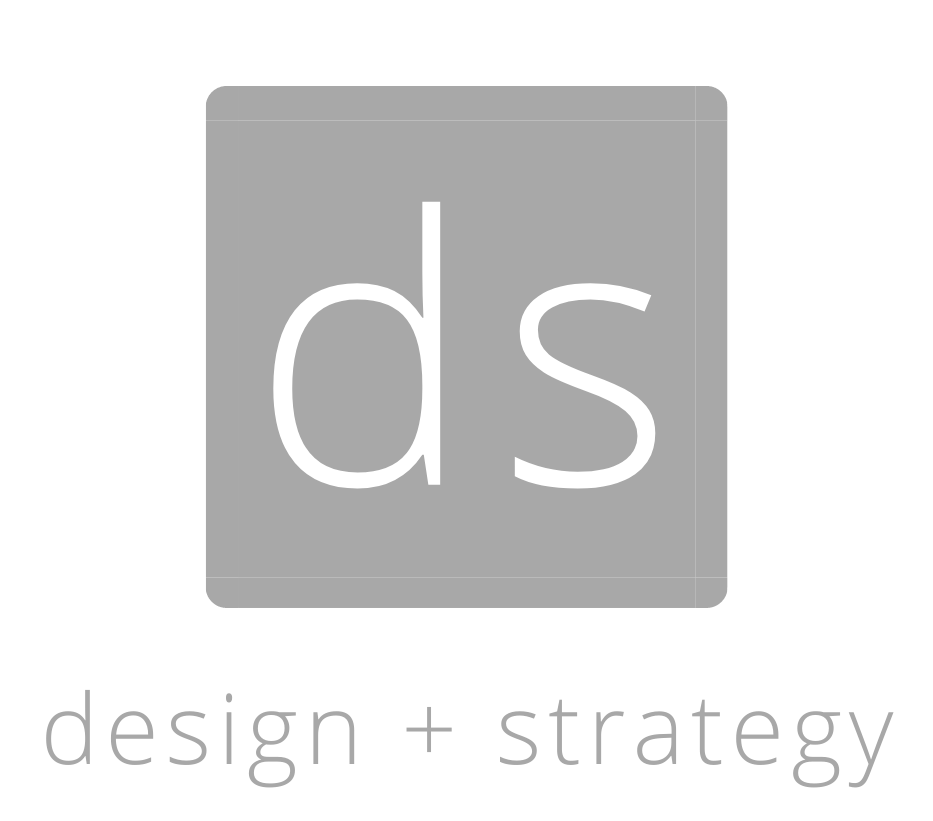kayak | story of a serial entrepreneur
Kayak's story & the leadership decisions
This story is more about Paul English rather than it is about Kayak. Kayak was co-founded by Serial entrepreneur Paul English, founder of 7 companies and sold Kayak for 1$.8B to Priceline.
A ton of his leadership decisions were an outcome of how he was raised. He had a big family with many siblings, a headstrong father - a pipe fitter by profession and his mother who believed.
Most of her mother's life was spent being unwell; however, she recovered because of the belief in her faith. English mentioned that growing with siblings makes you collaborative as well as competitive. That has been translated into his leadership at the various startups he has founded. He loved to work with diverse people and make sure everything is shared - so when the company grows, the employees grow with them.
Paul started with game design with a computer his mother purchased and mastered various aspects like coding. As a teen, he put all his effort into building a computer game and calling it Cupid. Cupid managed to get the attention of GBA. Paul started off with a great career, and eventually, at one point, he was promoted from VP, Engineering to VP, Marketing because of downsizing. Paul mentions that at this point in time, he had no idea about marketing. I believe he did embrace the idea of becoming comfortable with being uncomfortable.
Paul also talked about his personal story of overcoming mental illness and depression - battling it for years alongside running startups has not been easy. He understands equally distributing time on self-care, health, and family apart from work. He also took up the role of a full-time caregiver when his father was not keeping well for about a year.
As a leader, he mentioned one of the key things is that it is crucial to have fun with the creative output. He still wants to crank about three to four companies every year and try to continue doing what gives him the most joy. More than the money, he mentioned he loved building things. Moreover, always have a side project going on, which may keep one sane and exercising their grey cells. His side projects which turned into businesses, are Get Human and Lola.
Uniqueness, business model, and the secret sauce
They wanted to get a unique name. Out of 100 names which Wolff Olins - the branding agency suggested they went with KAYAK. One because it was a palindrome and second because it is so different from travel there is top of brain retention. Naming was one of their most significant strategies to organically grow their user base and develop returning customers without any paid advertisement.
When Paul met the then Orbitz partner Steve Hafner through chance, over lunch and a couple of G&T's - he wanted to create a search engine for travel and was on the lookout for a CTO. Paul offered to look for one through his circles and asked about the compensation, including 4% equity. However, Steve asked for Paul's time, and Paul joked he would come on board if 50% equity was offered. Steve agreed in a second, and there was a deal over lunch done. This tells me that you need to value talent, pay them right, and treat them as equals for any startup to succeed. Reading people and their skills is a superpower for sure.
Paul later mentioned that he is passionate about building a career for himself and the people around him. Everything is driven by building the employees. His secret sauce to success has been right work ethics, running a business on frugality, putting in all the effort on creativity, and recruiting the right people. One of his earlier companies was acquired by Intuit, and the reason he selected them over other players is that intuit has a great culture.
Big idea & the prototype
English mentioned that he has always been interested in User experience, which has been the primary focus for anything. For Kayak, he identified that all the competitors (including Expedia at that time) had a very cluttered, anxiety-inducing, and flashy user experience, in his own words' Epileptic seizure inducing'. Building something cluttered is easy, but building something simple needs time - and that's where you spend your maximum efforts. That has been a critical takeaway for me - the simple the better. They created a test site that was only meant for friends and family to test out before making the website public. Another key takeaway has been 'Do not reinvent the wheel'. Kayak essentially is only skin on the sophisticated technology built by others, so spending energy, time, and efforts on something already built can be skipped. He mentioned at Kayak that they are always working on new technology and throwing it away, so the final key takeaway has been - not getting attached to any idea you have worked on - keep iterating and building new things.
Overall I loved the podcast, and it did inspire me to relook at things from a different perspective.
